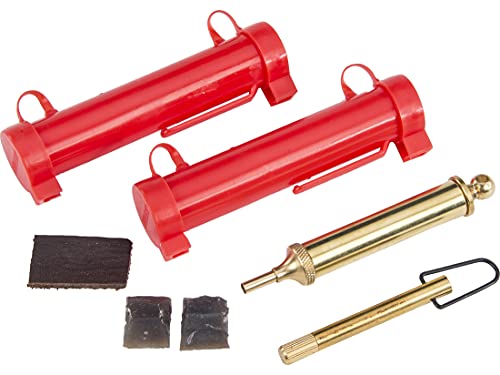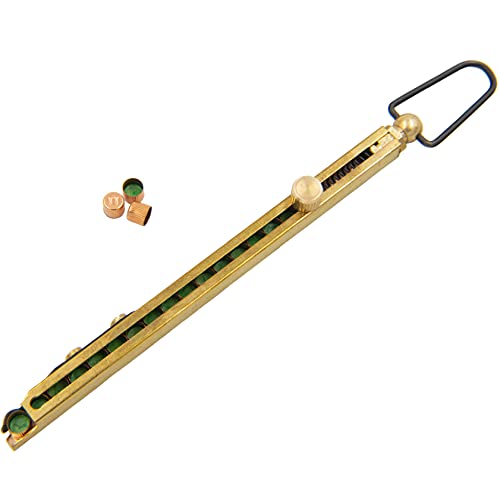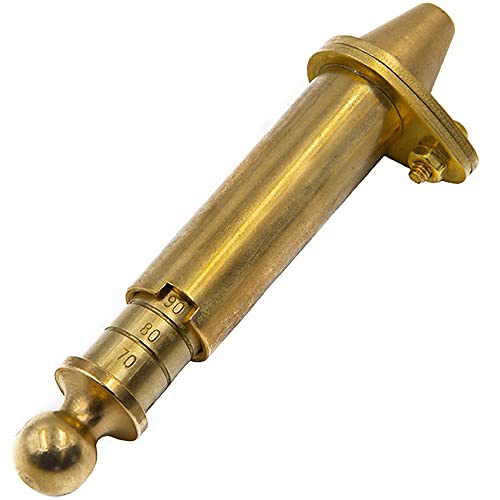I was at a friends house today and ran across in interesting article in the Museum of Fur Trade quarterly (vol.39 #2,summer 2003).There was data collected by the East India Company in 1841.Their troops fired 13,711 rounds under test conditions from 1,387 pistols,carbines,and muskets.Any weapon that failed to fire,including a flash in the pan, was recorded as a misfire. The total misfires were 1,834,a misfire rate of 13.37 percent.Among the principal causes were;flash in the pan(433); bad frizzen(433);bad spring(323);burned powder residue of flint and frizzen(205);and plugged vent(140)
Smaller scale tests were done with newly issued percussion arms.Of 1,080 shots recorded,there were misfires of just 1.57 percent,a tenth as many with flint guns.The two principal causes for failures were determined to be the soldier not having rammed the powder charge down tightly,so no powder was in or near the nipple,and his failure to have properly seated the cap on the nipple.
A related discovery made by the British government's Ordnance Committee was that ,because no gas escaped the nipple,percussion weapons needed less gunpowder to produce the same projectile velocity as a comparable flintlock.The conversion to percussion resulted in a 13 percent savings in gunpowder for the military.
Smaller scale tests were done with newly issued percussion arms.Of 1,080 shots recorded,there were misfires of just 1.57 percent,a tenth as many with flint guns.The two principal causes for failures were determined to be the soldier not having rammed the powder charge down tightly,so no powder was in or near the nipple,and his failure to have properly seated the cap on the nipple.
A related discovery made by the British government's Ordnance Committee was that ,because no gas escaped the nipple,percussion weapons needed less gunpowder to produce the same projectile velocity as a comparable flintlock.The conversion to percussion resulted in a 13 percent savings in gunpowder for the military.






















